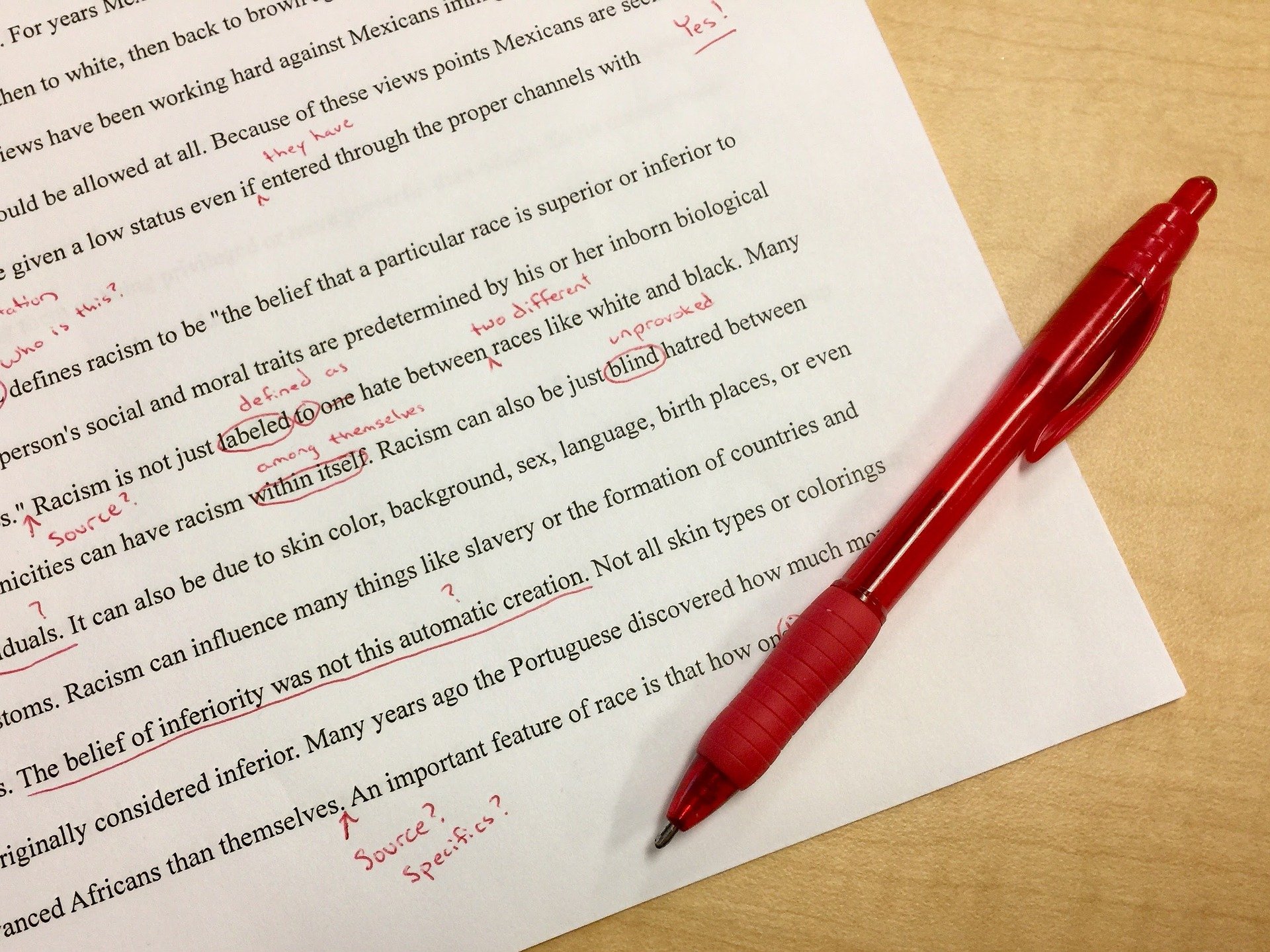
Voice, Style & Punctuation
Voice and writing style are hard to teach and even harder to define in the writing space. They are unique to each individual and each piece of work produced by an individual and can only really be honed by practice and experimentation. This post aims to help you develop your voice and style by considering the impact of punctuation in your writing.

How to market your self-published book
One of the most common questions I see in writers’ groups is ‘how do I market my book?’ That’s a big question and there are lots of answers, but here are just a few tips to get you started.

Beta Readers & Editors: A guide for self-publishers
In traditional publishing, a lot of the editorial process is undertaken by the publishing house that decides to accept your manuscript. But when you decide to self-publish you need to undertake this process yourself. At different stages of your manuscript development, it’s recommended that you engage the services of beta readers and professional editors who can help you ensure that your book has the polished look and feel of a traditionally published book.

5 faux pas that will prevent you getting published
When you submit to a publication, you have to remember that there are potentially hundreds (maybe even thousands) of other people pitching their ideas and their stories as well. Editors have to wade through all these submissions and pick what they can fit. There’s lots of reasons why your idea may be rejected, however there are some sure-fire things that writers do that have nothing to do with the writing of the story or the themes within that will ensure your submission is never even read.

What to do when you receive feedback on your writing
Receiving feedback can be a painful process. As writers, we should actively seek it, but there’s no taking away that sting when your feedback says something isn’t working. And it’s ok to feel that sting. It’s only natural when you’ve shared a project you’ve worked hard on and feel passionate about to be disappointed when someone doesn’t love it the same way you do. BUT it’s also important to remember that feedback is about a piece of your writing and not about you as a person.

Writing big topics for the small page
As writers we’re drawn to write about big ideas. We’re also told that good writing is writing that makes you think. Award-winning stories are those that discuss big ideas. But writing about big ideas is also where a lot of writers go wrong. It’s common for those approaching these sorts of topics for the first time to feel they need to write big epic stories that show the extent of a problem. But, both as writers and readers we need to bring the story back down to something small and manageable. The key is in simplicity.

Writer’s Block: Is it real and how to get past it
Early in 2017 I attended a workshop on overcoming the barriers to your writing hosted by crime fiction writer Jock Serong. He suggested that Writer’s Block should instead be called Writer’s Detour. Because let’s face it, if you’re driving along a road to get somewhere and they’ve blocked the road, you don’t just give up going where you’re going or wait for them to remove the block, you take a detour, and writer’s block is no different.

3 tips for generating ideas during NaNoWriMo
Whether you’re pantsing it and having a bit of a dry spell or planning it and need a little something to fill the gaps, it’s almost a given that at some point in NaNoWriMo you’re going to be stuck for ideas trying to get from A to B. So we’ve got 3 easy tips to help you figure out what to do with that space.

7 tips for surviving NaNoWriMo
In this post we’re discussing the things you should and shouldn’t do this month to ensure you survive the rollercoaster of emotions coming your way. We’ve got writing tricks and life tips to help you succeed.

Pantser or Planner: 5 tips for preparing for NaNoWriMo
When most people think about ‘preparation’ for NaNoWriMo they’re thinking about the planners, but there are 5 major things that every participant should do if they want to succeed.

7 Journaling Activities to Improve Your Writing
Journaling is a popular way for writers to improve their skills and practise their craft on a daily or regular basis. The concept is simple enough; it’s like writing a diary—you write in it every day (or near enough), and you only write as much or as little as you want. Like a diary, no one else is ever meant to read it. It’s a safe place for you to write, to experiment, to muse, and to explore. Sometimes the words you write in your journal may make their way into other pieces or poems that you do intend to share but that happens when and if you want it to.
This list is a series of activities you can use regularly to help develop your skills and ideas. They’re designed to be flexible and reusable so that you don’t have to come up with a new concept every day.

Should I Use a Pen Name?
There are many reasons why writers may choose to use a different name to associate with their work. Across history, pseudonyms have been used by writers to get published, to encourage different readers to pick up their books, and to avoid confusion across genres. While we all know the stories of women in Victorian times using male pseudonyms to be published, and the great William Shakespeare conspiracy still captures avid readers, there are many valid reasons why authors today choose to write with a pen name.

Overcoming Shiny Object Syndrome
We’ve all been there. You’re down to the nitty gritty bits of your manuscript. You’re not quite sure how your character gets from A to B, you’ve written yourself into a corner and don’t know how to get out, and your enthusiasm just seems to have stalled.
And then, lo and behold, this other idea starts turning over in your mind. The more you think about it, the more your new idea looks better than the one you’re currently working on. It’s exciting and bold! You start to wonder whether you should leave your current manuscript and work on this new idea. It’s got you excited, it’s got your brain working again, clearly it’s better… right?
